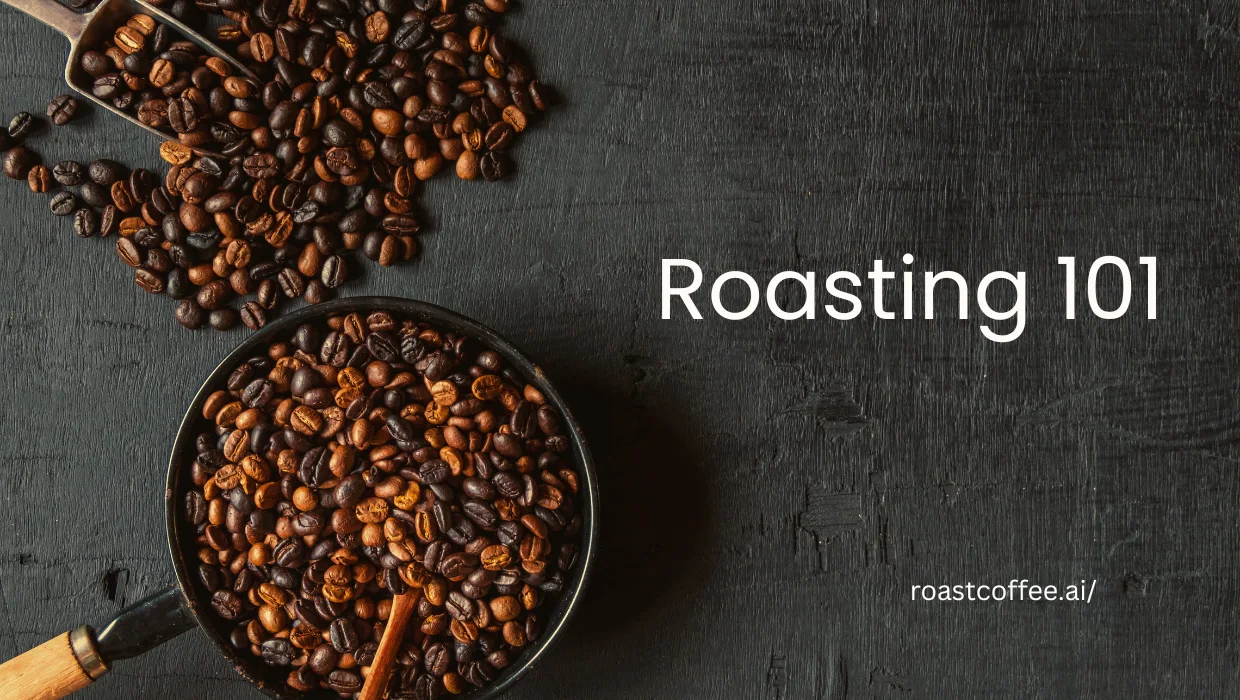If there’s a true workhorse in the coffee world, it’s Brazil Natural. This bean is smooth, low-acid, and full of nutty-chocolate goodness. It’s the backbone of many espresso blends—but on its own, it can really shine too!
📍 Where It’s Grown
Brazil is the largest coffee producer in the world, and natural (dry) processing is common here—meaning the beans are dried inside the fruit for richer body and heavier sweetness.
- Region: Minas Gerais, Cerrado, Mogiana (varies by lot)
- Altitude: 800–1,300m
- Varieties: Bourbon, Catuai, Mundo Novo
- Processing: Natural (Dry processed)
- Drying: Sun-dried on patios or raised beds
☕ What It Tastes Like
Brazil Naturals are known for their chocolatey, nutty base, low acidity, and mellow sweetness. Think comfort cup—not flashy, but deeply satisfying.
Common tasting notes:
- Roasted nuts (hazelnut, almond)
- Milk chocolate or cocoa
- Hints of dried fruit or spice
- Creamy, full body
This is a crowd-pleaser and an espresso lover’s best friend.
🔥 How to Roast It
For Beginners:
- Roast to medium or medium-dark to bring out body and richness.
- Keep airflow moderate—too much can mute natural sweetness.
- Try finishing roast around 405–410°F (drop temp) for espresso.
For Advanced Roasters:
- Watch out for uneven beans—natural processing means some beans may roast faster than others.
- Consider a slightly gentler heat ramp to prevent scorching the outside.
- Longer post–first crack time (60–90s) deepens chocolate and reduces grassy hints.
💡 Don’t be afraid to take it a bit darker—Brazil handles roast development well.
☕ Brewing Recommendations
| Method | Flavor Highlight | Tips |
|---|---|---|
| Espresso | Body + chocolate | 1:2 ratio, 28–32 sec shot |
| Moka Pot | Bold + nutty | Medium-fine grind, even tamping |
| Drip | Smooth + sweet | Medium grind, 1:16 ratio |
| Cold Brew | Cocoa + low acidity | Coarse grind, 12–16 hr steep |
This coffee is low in acid, making it perfect for people who prefer smoother, gentler cups.
👨🌾 The Farmers & Process
Brazilian farms tend to be larger and more mechanized, especially compared to Central America or Africa. That said, quality-focused producers are using selective harvesting, raised-bed drying, and even experimental naturals to improve flavor and consistency.
The natural process gives the beans a fruit-forward depth and full mouthfeel, which sets Brazil apart from washed coffees.
❓ FAQs
Q: Why does my roast taste flat?
A: You may be under-roasting or roasting too quickly. Slow it down, especially before first crack.
Q: Can I use this in a blend?
A: Absolutely! Brazil Natural is a great base bean for espresso or milk drinks.
Q: Is this too basic for advanced roasters?
A: Not at all—there’s plenty to explore, especially in single-origin espresso or long roasts.


